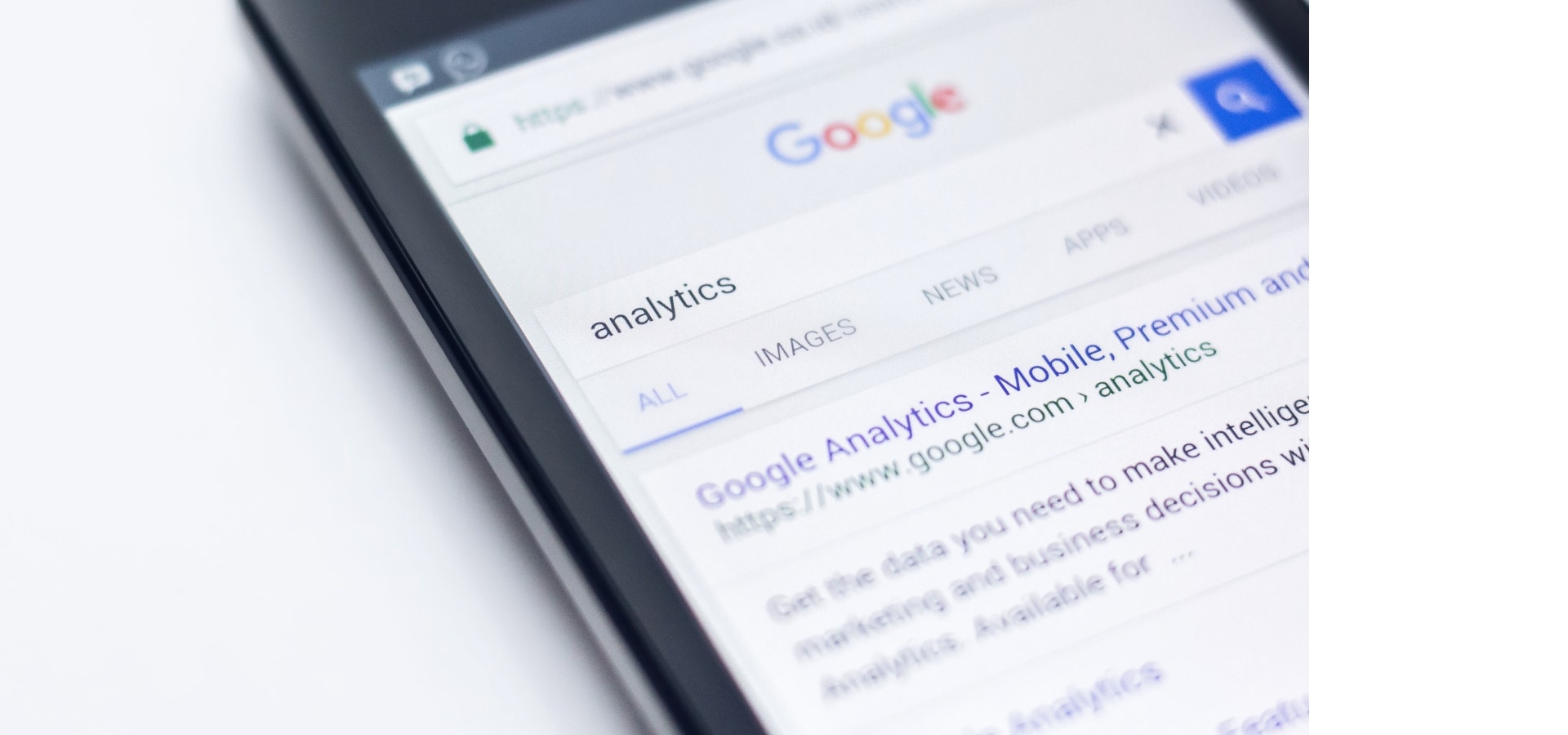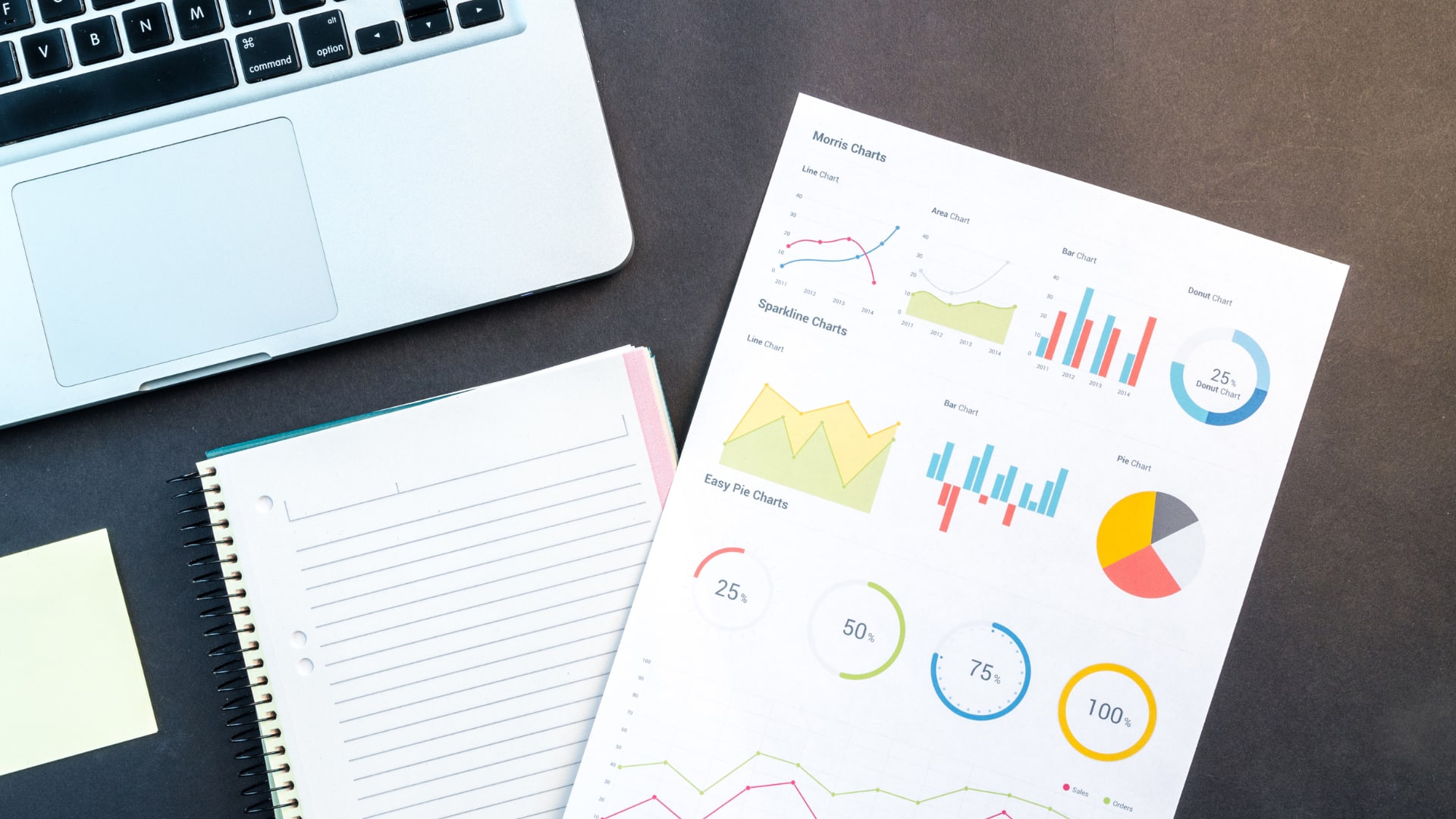What Are Google Penalties, and What Do They Mean?
Imagine investing long hours in building your website, search engine optimization, and perfecting your content strategy—to wake up to your ranking and take a nose dive the next morning.
Frustrating, isn’t it?
Well, there’s a chance that your website was penalized by Google. These Google penalties are quite mysterious, but knowing what they are can help protect your work and get back the lost ground.
What Are Google Penalties?
Google penalties are Google’s way of maintaining a clean and fair internet. These penalties prevent websites from using tactics that harm user experience or manipulate search results. You can think of them as the search engine’s version of a referee calling out foul play.
Manual vs. Algorithmic Penalties
- Manual Penalties happen when a Google reviewer: checks out your site and finds something off. This might happen if your site has spammy links or misleading content that goes against Google’s guidelines.
- Algorithmic Penalties: These are more problematic because they’re automatically triggered by Google’s algorithms, like Penguin or Panda. These algorithms are designed to catch unnatural backlinks or low-quality content without human oversight.
Examples of Violations
- Stuffing your content with keywords in a bid to manipulate search rankings.
- Paying for backlinks instead of earning them legitimately.
Types of Google Penalties Explained
Manual Penalties
These are directly applied by Google’s team if violations are detected. Examples of this are as follows:
- Spammy Links: Developing a large number of low-quality or irrelevant backlinks.
- Misleading Content: Creating deceptive content or practices like cloaking.
- Thin Content: Creating and publishing pages with little or less information to no value for users.
Algorithmic Penalties
These website traffic penalties often occur after major search engine updates For example:
- Penguin Update: This targets unnatural backlinks and any manipulative link schemes.
- Panda Update: This focuses on identifying low-quality content, including duplicated material.
- Hummingbird Update: It is designed to improve the relevance of search queries and decrease the occurrence of keyword stuffing.
How Do Google Penalties Affect Websites?
- Sudden drops in ranking: Your site might experience search engine ranking drops in Google search results, making it tough for users to find you
- Decrease Website Traffic: With reduced visibility comes fewer visitors, which can affect your sales, lead generation, or overall engagement of your website.
- Revenue Loss: Businesses that depend on organic traffic usually face financial losses due to penalties. For instance, an eCommerce website penalized for duplicate or copy content might see its sales plummet.
- Damage to Reputation: A penalized website may lose trust among users and stakeholders, making it difficult to rebuild it.
For example:
Suppose you own an online store that suddenly sees a 60%-70% drop in visitors due to a penalty. The financial and emotional stress can be stressful, but recovery is possible by using the right steps.
Common Causes of Google Penalties
- Keyword Stuffing: Ever come across a webpage where the same phrase is repeated again and again? Not fun to read, and Google doesn’t either.
- Duplicate Content: Copying and pasting someone else’s work is a quick way to trouble. Unique content is always best.
- Paid Backlinks: Paying links might seem like a quick win, but Google’s algorithms get smarter at noticing these schemes.
- Cloaking and redirects: different content to search engines and the users is considered deceptive.
- Thin Content: Pages with little to no useful information may be flagged for low quality.
How to Identify if Your Website Has Been Penalized?
Well, detecting manual penalties is quite simple; check the manual actions box in the Google Search Console. If you have a healthy website, you will view a statement defining everything good on your site.
To know if there have been any penal notices in the past, you can check the messages that appear under the bell icon in the top right corner.
This message can define what issues arise on your website. For instance, unnatural backlinks. Overloading keyword stuffing, duplicate content, and many others that have been added to your pages that manipulate rankings.
To detect this, you have to check your ranking regularly. Some tools like Rank Tracker, Semrush, Google Analytics, Ahrefs, etc., are available that would be very helpful in tracking your site’s ranking on Google.
Steps to Recover from Google Penalties
In this section, let’s discuss how to recover from Google penalties with these simple steps:
1. Diagnose the problem:
- Find the cause: Use some tools like “Google Seach Console” to identify the exact issue, whether it is unnatural backlinks, thin content, keyword stuffing, and more.
- Analyze traffic trends: Check analytics data to find the time and scope of the traffic drop, aligning them with potential Google algorithm updates and manual actions.
2. Address Harmful Practices
- Disavow Toxic Links: You can use Google’s Disavow Tool to remove harmful backlinks.
- Fix Content Issues: Having unique and high-quality content on your website is important so, keep in mind to update and remove any copied, plagiarized content for unique value.
3. Submit a Reconsideration Request (For Manual Penalties)
- Prepare a Report: Document corrective actions like removing bad links, improving content, and fixing technical issues.
- Submit Request: Use the “Manual Actions” section in Google Search Console to submit your request, clearly detailing the actions taken.
- Follow-Up: Monitor your email and Search Console for updates from Google.
4. Focus on Improving Website Quality
- Enhance User Experience: Ensure your site loads quickly, looks good on mobile, and is easy to navigate.
- Create Perfect Content: Share engaging, well-researched, and original posts that meet what users are looking for.
Tips to Avoid Google Penalties in the Future
Here are some tips for avoiding Google penalties for SEO. Keep reading to find out:
Adhere to White Hat SEO Practices
- Create user-centric, valuable content without manipulative tactics.
- Use ethical link-building methods like guest blogging and fostering genuine relationships.
Conduct Regular SEO Audits
- Determine and fix issues such as broken links and slow loading times using tools like SEMrush or Ahrefs.
- Daily evaluate your SEO strategies to align with Google’s guidelines.
Monitor Algorithm Updates
- Stay updated on Google’s algorithm changes through industry blogs and Google Search Central.
- Adjust your strategies proactively and use analytics tools to assess impacts.
Focus on High-Quality Content
- Publish original, engaging content that provides thorough information.
- Ensure it’s well-structured and optimized for both users and search engines.
Maintain Technical SEO Excellence
- Ensure a mobile-friendly, secure, and fast-loading website.
- Fix crawl errors and use descriptive URLs.
- Regularly update your sitemap and txt file.
Build a Healthy Backlink Profile
- Earn backlinks from authoritative websites and avoid link schemes.
- Use Google’s Disavow Tool for harmful links to maintain a clean profile.
SEO penalties serve as a protection to maintain the integrity of search results by discouraging unethical practices. These penalties can greatly affect a website’s rankings, traffic, and revenue, highlighting the importance of proactive strategies.
By knowing the types of penalties, their triggers, recovery methods, and the impact of algorithmic penalties on websites, you can reduce risks and maintain your site’s visibility.
To achieve long-term success and avoid penalties, it’s vital to adopt ethical, user-focused best SEO practices and stay updated on algorithm changes.
Frequently Asked Questions
What are Google Penalties?
Measures by Google that reduce a site’s visibility for violating Webmaster Guidelines, aiming to ensure fair search results.
What Triggers a Google Penalty?
Black hat SEO, duplicate content, spammy backlinks, malware, or poor user experiences can trigger penalties.
Difference Between Manual and Algorithmic Penalties?
Manual penalties are imposed by Google staff for guideline violations, whereas algorithmic penalties are automatic from updates. Manual fixes require a reconsideration request; algorithmic penalties depend on resolving issues.
How Do I Know If My Website Has Been Penalized?
Sudden traffic drops or ranking changes indicate penalties. Google Search Console alerts for manual penalties; there are no alerts for algorithmic ones.
How Can I Recover from a Google Penalty?
Identify and fix the issue, then submit a reconsideration request for manual penalties. Recovery takes time and diligence.
Can I Prevent Google Penalties?
Follow Google’s guidelines, avoid black hat practices, conduct regular audits, and provide high-quality, user-friendly content.
How Long Does It Take to Recover from a Google Penalty?
Manual penalties may take weeks to months; algorithmic penalties require waiting for the next update after issues are resolved.
Can Google Penalties Affect My Business Revenue?
Yes, penalties reduce visibility and organic traffic, directly impacting revenue, especially for lead-dependent businesses.
Common Algorithm Updates That Cause Penalties?
Panda targets thin content, Penguin penalizes spammy links, core updates assess site quality, and Hummingbird focuses on user intent.
Is There a Penalty for Duplicate Content?
Yes, it can reduce rankings if seen as manipulative. Use canonical tags or create unique content to address this.
Do Paid Backlinks Lead to Penalties?
Yes, buying or selling backlinks violates guidelines and can lead to penalties; focus on earning natural links instead.
Can Removing Harmful Practices Guarantee Penalty Removal?
Not guaranteed, but resolving issues increases the chance of removal. Detailed requests and adherence to guidelines help.
How Do I Submit a Reconsideration Request to Google?
Access “Manual Actions” in Google Search Console, detail the fixes made, and submit the request for review.
Does a Penalty Mean My Website Is Banned from Google?
Not necessarily; most penalties reduce visibility. Severe violations can lead to de-indexing, but prompt action can mitigate risks.
Are Google Penalties Permanent?
No, they can be reversed by fixing issues and following guidelines. Recovery varies by penalty type and proactive management.





